#Canadian history
Text
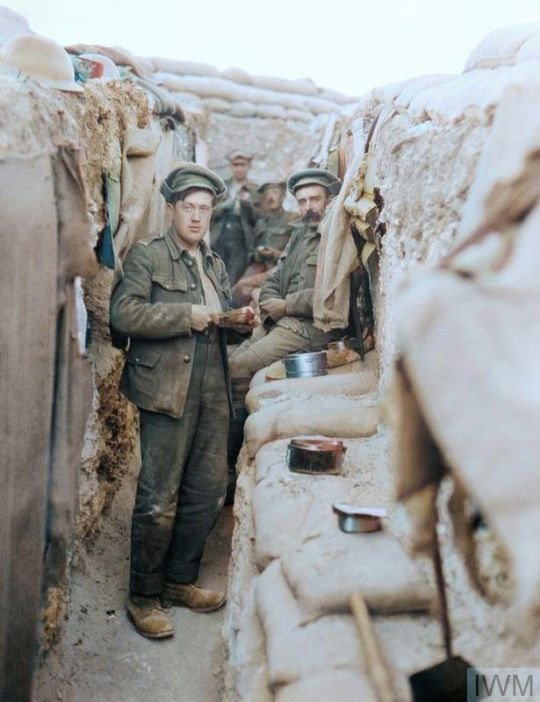
Men of the 27th Division having a meal in a trench, Balkan Front, November, 1916.
#World War One#The Great War#1918#1917#1916#1914#first world war#history#historical#historical photos#world history#canadian history#military history#british army#Indian History#war#military#somme#Battle of the Somme#france#belgium#the western front#vimy ridge#Battle of Vimy Ridge
56 notes
·
View notes
Text
The University of Alberta is offering a new free online course to highlight the history and accomplishments of Black Canadians.
Called Black Canadians: History, Presence, and Anti-Racist Futures,the course will explore topics like systemic racism and unconscious racial bias in Canadian institutions.
The course became available Friday.
Course director Andy Knight, a political scientist at the U of A and provost fellow in Black excellence and leadership, spoke with Radio Active host Jessica Ng about the four-module course. [...]
Continue Reading for interview.
Tagging: @politicsofcanada, @vague-humanoid
2K notes
·
View notes
Text
It's Orange Shirt Day in Canada! Here are some ways you can support survivors of residential schools today:
Learn about the harm done by residential schools, and the calls for justice (links contain discussions of child death and abuse)
Call your elected representatives and show up to city council meetings. Speak up in support of indigenous activists' causes.
Follow indigenous journalists and activists online.
Donate to organizations that help survivors:
The Indian Residential School Survivors Society offers counseling and other supports (24 hour crisis hotline: 1-(800)-721-0066)
The KUU-US Crisis Line Society (for adults: 250-723-4050; for minors: 250-723-2040)
The First Nations Child and Family Caring Society
(Feel free to add more!)
927 notes
·
View notes
Photo
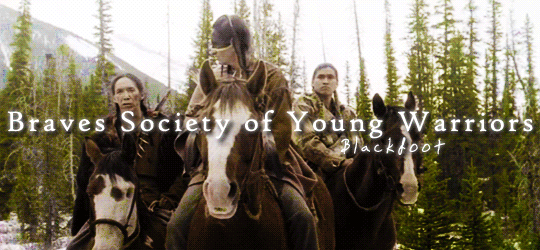

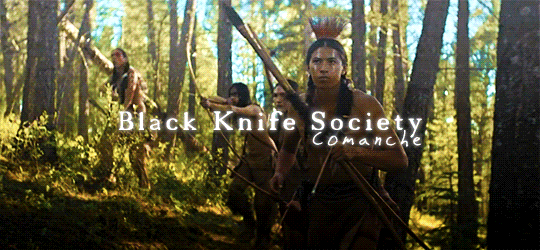

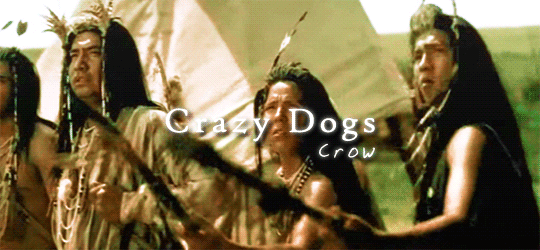
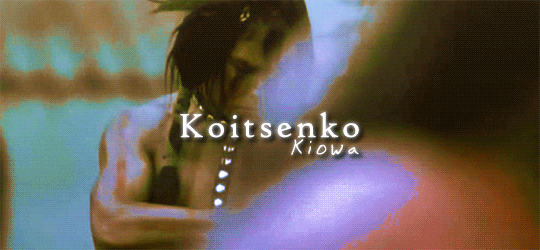


[image description: gifs stacked vertically of Native American warriors of various tribes, in traditional attire and in the fashion of their tribe. Text overlays on top of each gif, labeled, in order: “Brave’s society of Young Warriors, Blackfoot.”, “Women Warrior’s Society, Cheyenne.”, “Black Knife Society, Comanche.”, “Okichitaw, Cree.”, “Crazy Dogs, Crow.”, “Koitsenko, Kiowa.”, “Kit Fox Society, Lakota.”, “Iruska, Pawnee.”. end image description.]
Plains Native American Warrior Societies
(not an exhaustive list)
#historyedit#history#native american#plains native#plains indian#ndn#indigenous#native american history#first nations history#american history#canadian history#justin's edits
418 notes
·
View notes
Text
I was going through my great grandfather's memoirs (born 3 March 1880) and came across this part, which feels eerily similar to our current times:
Our biggest handicap was the Spanish Flu epidemic of 1918. With men off sick we were lucky to have 50 staff. Some would come back and more would go off. I was off two weeks myself. There were many deaths in the city.
The war was over and the men were returning from France. We were working a fifty hour week. With the men returning, the trend was to repress wages and frown on a reduction of working hours. My responsibility had been increased so as I was next to the superintendent. This was fine, except my wages were the same as the day I started. They said, "You are doing a good job, but with the men returning that is all we can pay you." There was general upset. The returned men were dissatisfied with the wages offered, not only with our company and the warehouse business, but with what was being offered in general.
He then goes on to explain how they met with the Trade and Labour Council to form a union and present their demands (which were union recognition, basic wage of $180.00 a month, an eight hour day in a year's time, and a two year contract), but it all went to hell because of spies reporting back to the bosses and scabs who refused to honour the strike.
After the second day they flooded back like sheep. At Ashdown the travellers and buyers worked the warehouse without interruption of service. The strike was a washout. I was out of a job!
The night before the strike was scheduled to start the bosses even resorted to the closest they had to social media 105 years ago.
The Evening paper carried an advertisement, by all companies concerned, advising that all employees absent from work for three days, would be discharged.
(The memoirs are 180 typed pages, so I may post more bits as they catch my eye)
#Canadian history#strike#solidarity#history is an ever repeating cycle#personal#memoirs#Great grandpa was an awesome dude#absolute badass#unrelated but his grandfather - so my great great great grandfather?#was a WEAVER in the New England States woolen mills before they moved to Canada in the 'early part of the nineteenth century'
208 notes
·
View notes
Text
Just remember this when you celebrate Canada Day...if you are.
215 and counting.
I have no idea what the number is now.
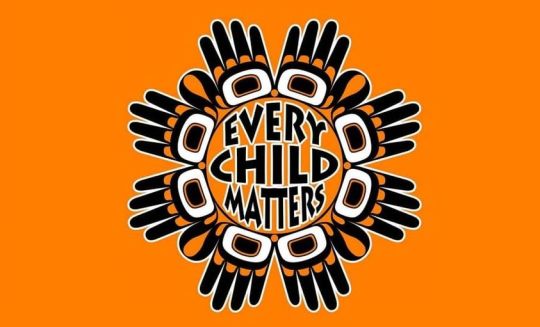
#canada day#i will not be celebrating#canadian history#this is our history#never forget#residential schools#indigenous people#tiktok#every child matters
325 notes
·
View notes
Text
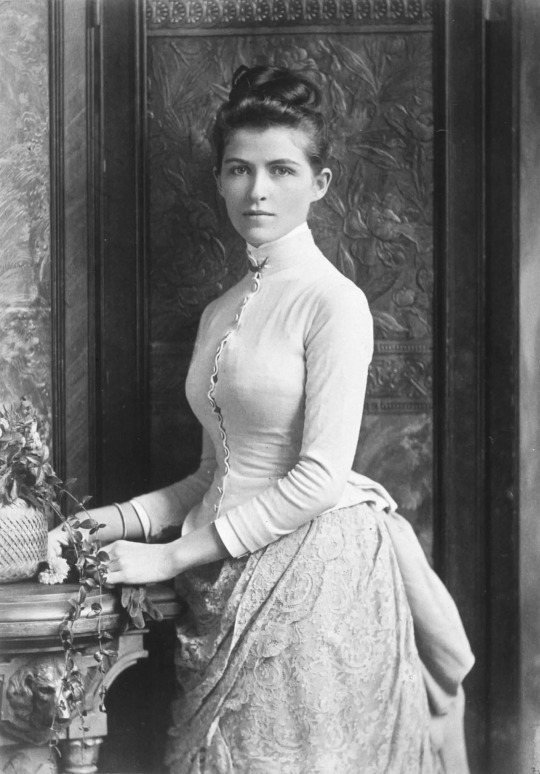
Mme. G.F. Murray (Montreal, QC). William Notman & Son. 1886.
#aesthetic#art#art history#fashion#historical fashion#historical art#women in art#women#victorian#victorian aesthetic#photography#vintage photography#Victorian photography#Canada#Canadian history#Quebec#Montreal#Victorian fashion#1880s#1880s fashion#1880s hair#gilded age#the gilded age#black and white photography#1880s gowns#1880s dress
90 notes
·
View notes
Text
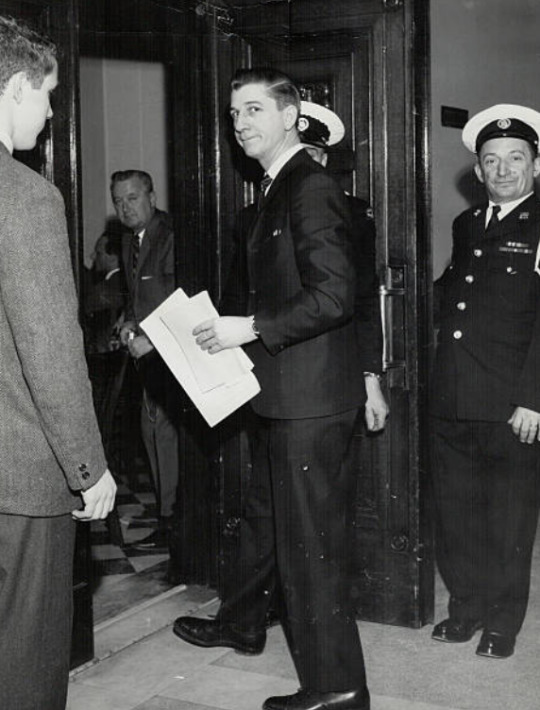

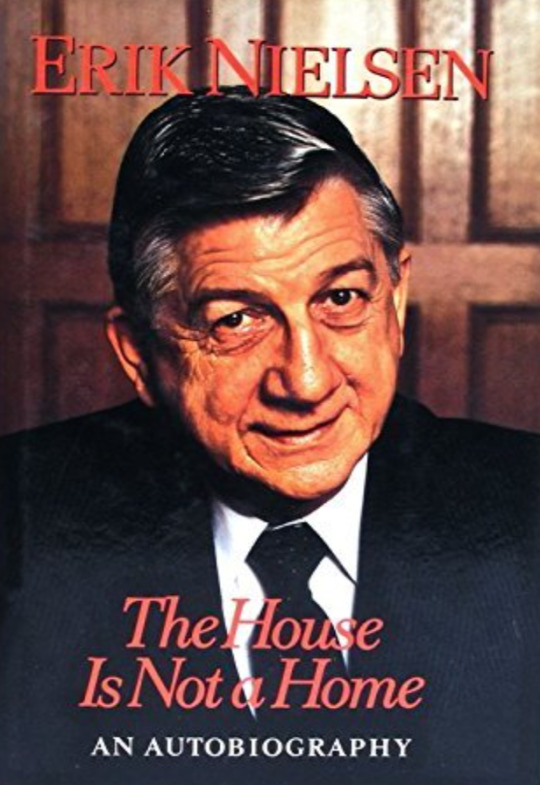

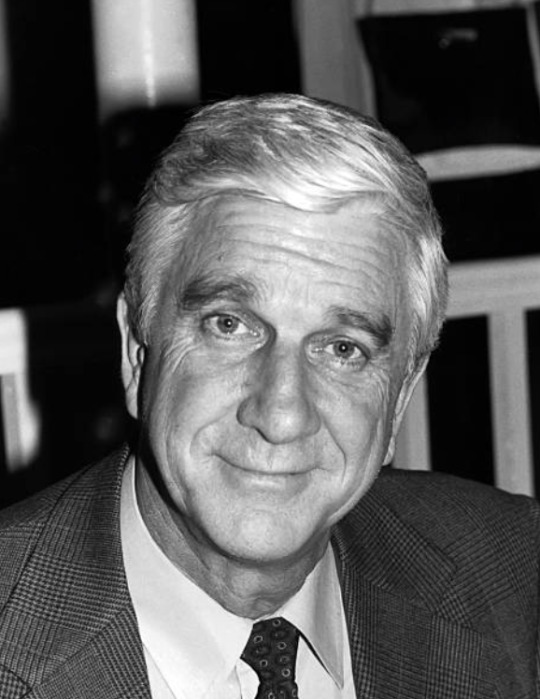

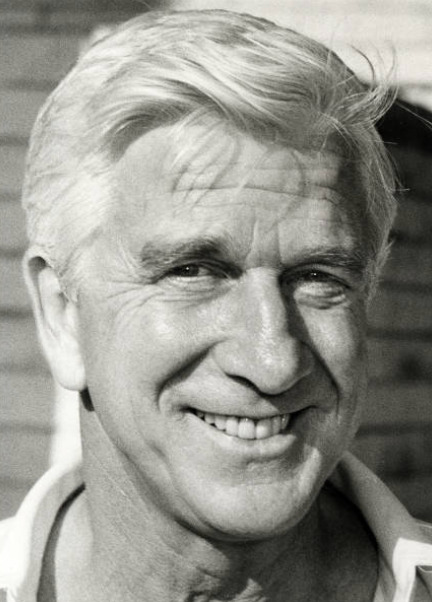
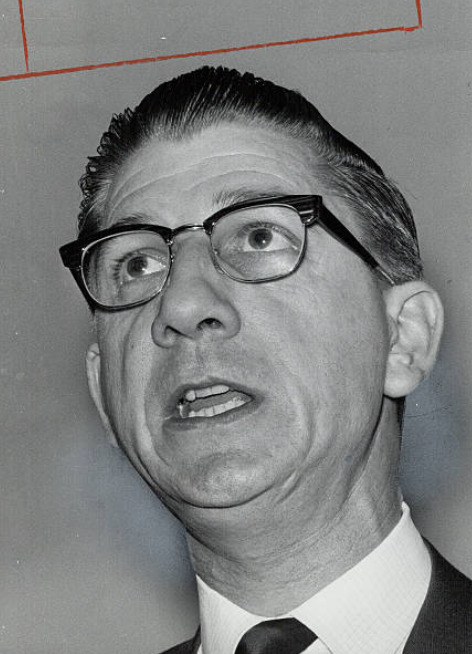
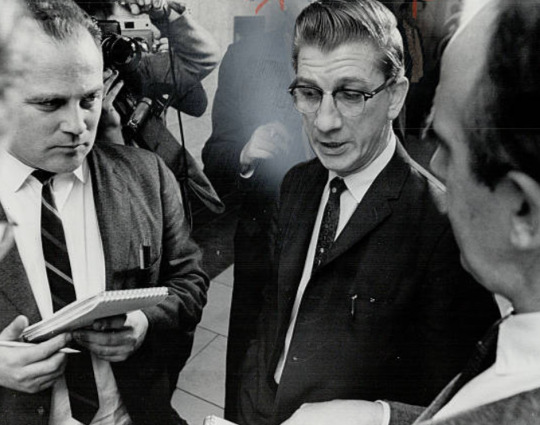




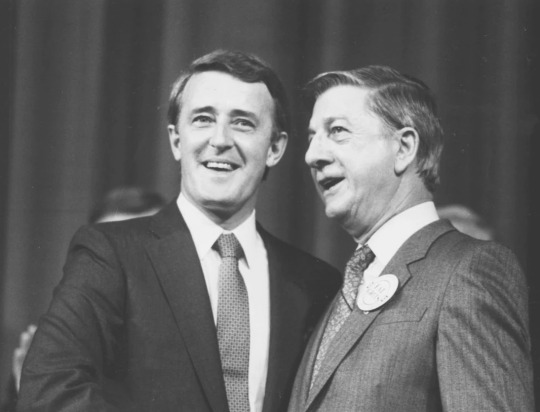
Leslie Nielsen's older brother Erik Nielsen was the Deputy Prime Minister of Canada (the Canadian equivalent of being the Vice President of the United States).
#leslie nielsen#canada#canadian#history of canadian comedy#canadian history#erik nielsen#brian mulroney
60 notes
·
View notes
Text

Baby Face Disco, located in Montreal, was Canada’s first lesbian bar. The bar ran from 1968 - 1983 and was opened by former wrestler Denise “Babyface” Cassidy who owned and operated 5 other lesbian bars around the same time, including: La Source, La Guillotine, Chez Baby Face and Face de bébé.
Denise refused to give the Montreal Mafia money for protection and instead kept her establishments strictly clean from illegal activity. She would also work as a bouncer equipped with a baseball bat to protect the women inside from men attempting to intrude.
There are currently no lesbian bars in Canada.
(Photo: Denise outside of Baby Face Disco, circa 1980)
#lesbian#lesbian history#lesbian bars#lgbt history#lgbtq#people#Denise Cassidy#queer#canadian history
61 notes
·
View notes
Text
Point Ellice House is closed.
We were informed by the Province of BC that they could not provide sustainable funding for us (though they announced just a few weeks ago that they had a 5 BILLION dollar surplus). I am angry. It feels very much like I am watching all of the work I have done over the last 3 and a half years crumble in front of me. All of the tedious care that I have given to the collection, to making the history of Victoria accessible, to sharing the stories of this place with others.
It feels like it was for nothing.
A lot of people are asking me what will happen to the site. I don't know. The province doesnt know either. They could put the site out for tender again, asking if any society will want to run this place. How anyone is supposed to run 2 acres of heritage gardens, a collection of 16, 0000 objects, and a 160 year old house on $80,000 is a fucking mystery to me. They could sell off the items in the collection, bulldoze it and throw in a parking lot for all I know.
You want to chat about erasing history? This is it folks. It’s the death by a thousand cuts where these places that have important stories to tell are shuttering their doors and laying off the staff who do the work. This isn't the end of the closures. Barkerville is likely the next site to go.
If you want to help, please consider sending a letter to Minister Lana Popham. She is the minister of tourism who directly oversees our site. Her email is: [email protected].
I will be sending her a letter expressing my anger and disappointment.
When I started at PEH, we followed our to develop and support heritage work that is inclusive, diverse, and representative of communities in the past and present. For what it is worth, I am proud of the work I did while I was here. I just wish it could have continued.

376 notes
·
View notes
Text
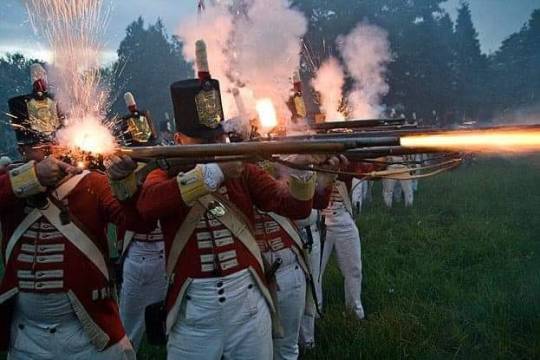
Canadian Regiment of Fencible Infantry historical re-enactment group at a Battle of Crysler's Farm event.
#war of 1812#redcoats#canadian history#dressed to kill#living history#flintlock#black powder#historical reenactment#battle of crysler's farm#crysler's farm#god i wish that were me
47 notes
·
View notes
Text

A Belgian refugee family in a British horse-drawn wagon. Courtrai, 18 October 1918. British soldier holding one of their children.
#World War One#The Great War#1918#1917#1916#1914#first world war#history#historical#historical photos#world history#canadian history#military history#british army#Indian History#war#military#somme#Battle of the Somme#france#belgium#the western front#vimy ridge#Battle of Vimy Ridge
56 notes
·
View notes
Text
New research confirms that Tsleil-Waututh Nation has consistently and sustainably fished for chum salmon for 1,200 years longer than the archaeological record had previously demonstrated.
This supports Tsleil-Waututh knowledge and further demonstrates that Tsleil-Waututh people have been sustainably living on and stewarding their traditional territory for longer than Western science may recognize.
Researchers from Tsleil-Waututh Nation and UBC analyzed 245 salmon bones gathered as part of an archaeological dig in the 1960s and 1970s from təmtəmíxʷtən, a large and important site for the Nation located near what many British Columbians now know as Belcarra.
The research builds on a previous study which showed that the Nation sustainably and preferentially fished for chum salmon for 1,300 years, from about 400 BC to 1200.
Using carbon dating on eight new samples, the researchers extended this period of time a further 1,200 years, confirming Tsleil-Waututh ancestors fished for salmon from about 850 BC to 1650. [...]
Continue Reading.
Tagging: @politicsofcanada
#cdnpoli#flora & fauna#canadian history#təmtəmíxʷtən#Tsleil-Waututh Nation#British Columbia#conservation#sustainability#Indigenous
532 notes
·
View notes
Text
Canadian LGBTQ+ rights; a whirlwind summary
Back in August of 2023 @wen-kexing-apologist wrote an absolutely stellar piece here, and I didn't want to co-opt it (especially because it was already written with an American gaze and I don't want to pile on/distract from the fact that we're talking about Thai BL) so I decided to make this a separate post. And then it lingered in the sad pile of my drafts. But, I'm gonna post it anyway, and take this as an excuse to talk about Canadian history of LGBTQ+ rights apropos of absolutely nothing except the most recent move of the provinces (specifically Saskatchewan) to use the notwithstanding clause to force through legislation that the courts have said goes against our charter of rights and freedoms--specifically legislation that says a teacher cannot respect a child's pronouns without permission of the parent. This is being taken to court (latest as of this writing is that in Feb 2024 the group fighting the law was granted the right to be heard by the court in spite of the notwithstanding clause being invoked, so there is still a chance of it getting revoked via the courts).
WKA talks about what the conversation was like in the US around queer rights in the 20th century; highly recommend reading the linked post first. In Canada the conversation was a little different though with very similar themes; we had the shift to a focus on "privacy" as the driver of our rights long before the HIV/AIDS epidemic, in the 1960s. So much of the push and pull of our laws around homosexuality and gender identity and expression have had to do with the public vs private.
Sodomy has been illegal in Canada since colonization (earliest known conviction: 1648) but laws against gross indecency, which included dancing, kissing, or touching between two men, didn't get codified in Canada until 1892 (and not extended to apply to women until 1953 (thanks)). While these laws essentially outlawed any physical public affection between men from the turn of the century, the fervor to root out and eliminate gayness from society didn't really reach its pitch until mid-century.
I need you all to know about the Fruit Machine, which was an ostensibly "scientific" detection device to identify and purge gay and lesbian civil servants from the military and public service in Canada. While the machine was built in the 1950s and used through the 1950s and 1960s, the practice of using psychology, polygraphs, and interrogation to force military and public servants to come out and take a voluntary discharge existed through to the 1990s.
Our former Prime Minister PE Trudeau made famous the line "there is no place for the state in the bedrooms of the nation" as part of his so-called decriminalization of homosexuality 1967; this is of course a joke because "buggery" and "gross indecency" stayed on the books for another 20 years, the only difference being they were only punishable if the people involved were under 21, there were 3 or more people present, or the participants were performing these acts outside of their home. You may notice that this meant the policing of public space was where and how homophobia continued to be perpetuated by the state via police.
Highlighting the importance of privacy as a framework for gay rights at this time, The Right to Privacy movement was the name for one of the forerunners of modern Canadian LGBTQ+ rights groups through the 1970s--though worth noting that this group in particular was criticized for its exclusion of WLW and our trans siblings (some of whom of course overlap). The infamous bathhouse raids of 1981 ("Operation Soap"), leading to at the time the largest arrest in Toronto's history, were one of the precipitating factors in the recognizable start of the modern LGBTQ+ rights movement. In 1986, five years after the raids and thanks to massive effort by LGBTQ+ organizing, sexual orientation was added to the protected list of attributes that it is illegal to discriminate against under the Canadian Human Rights Act (gender identity and expression was added in 2012), and in 1987 "anal intercourse" was made legal for those over 18 (the legal age of consent was made the same for everyone--16--in 2019), and "gross indecency" as a law was finally repealed. The fight for marriage equality was the next step after achieving real decriminalization, and was strongly based on the right to freedom from discrimination as protected by the Human Rights Act.
[Just going to take this moment to note that for some reason they never struck off the law criminalizing sodomy when more than two people are present; this is still an inequality on the books now and people do (rarely) still get charged with it.]
In the late 1980s and 1990s, the censorship fight was most famously held in the written sphere--if you've seen the movie Better than Chocolate, you might already be familiar what I'm talking about. From approximately 1986 through to 2000, Canada Border Services targeted shipments to queer bookstores, holding them up, sometimes destroying the content, putting those businesses at risk, and preventing queer content that passed through border control to be stocked in physical stores. It took the Supreme Court of Canada's ruling in 2000 to shut down that practice as an illegal suppression of a bookstore (Little Sisters in Vancouver, BC, shout-out!)'s right to freedom of expression.
Raids on safe spaces for sexual activity continued to be a driver for action through to the 21st century. The WLW bathhouse the Pleasure Palace (changed from "Pussy Palace" in the late 90s to be more inclusive of our sisters without that particular body part) was raided in the year 2000; 19 years after Operation Soap, and notably the first and last raid on a queer woman's bathhouse in Canadian history. What followed was a massive public coal-raking of police, including the very telling call to action: "out of the bars! Into the streets!" I don't think this was necessarily the intended implication at the time, but looking back the threat was that if we were not given our rights, we would be in everyone's faces (and conversely if we were given our rights, we'd be quiet). The legalization of marriage between any two consenting persons of legal age came five years later in 2005 (I don't mean to imply this effort was the only reason--the fight for marriage equality was active all the way through the 90s and early 2000s; it's just an interesting parallel that two of the biggest wins for equality for queer people in Canada came 5 years after a historic police raid).
One of the factors in gaining acceptance of LGBTQ+ people in Canada was the fight for marriage equality; as it focused the conversation on sameness rather than difference. The queer activism movement here pivoting from messaging around bathhouses and being left alone to marriage equality was an intentional, strategic attempt to be accepted as the same rather than being honoured for our differences. And that fight coming after the HIV/AIDS epidemic and bathhouse raids is no accident as it framed queer people directly in opposition to the stigma of promiscuity that surrounded assumptions about gay people which fed into the lack of support for medical intervention, research, and treatment for HIV/AIDS (here in Canada too, our history is just as gross on that front, people just don't talk about it as much. But Canada followed the US government's example, and so people were left without medical resources for at least eight years in Canada (since the first cases were identified here in 1982) and THREE YEARS after they had been approved by the US--AZT wasn't available in Canada until 1990. Three years in which people died unnecessarily. We similarly approved PrEP four years after the FDA, in 2016. Today, despite "universal health care", if you want access to PrEP, it will depend on the province you're in as to whether you can get it at all for free or whether you need to pay--in my province, it takes 2 months to get free PrEP).
Today, just over 50% of the people with HIV/AIDS in Canada are men who have sex with men; it's estimated 80% of people infected with HIV know their status, of those 75% are being treated, and of those 89% are effectively unable to transmit the virus. In that context, the ongoing fight re: HIV/AIDS in Canada today is around decriminalization, specifically decriminalization of drugs (since ~20% of HIV infections are from IV drug use--one of the many reasons I support harm reduction strategies), and the decriminalization of non-disclosure (since Canada is one of the few places where you can be charged for not sharing your HIV status with a sexual partner). Until very recently, we were also fighting to be able to give blood--it was only in 2022 that men who have sex with men were allowed to donate blood in Canada, which meant every visit to a blood donation clinic involved questions about the gender of your sexual partner(s). And, as mentioned at the top, one of the rights we are fighting to retain right now, is the right to have our gender expression respected without forced outing to a parent or guardian; Once again, the fight in Canada has become centered around the right to privacy.
Slightly tangential to the topic at hand, but I would be remiss in talking about moments in recent history when the law did not prosecute us, but it failed to protect us. In the 2010s, a serial killer was targeting men who he thought he could get away with making disappear; and he was right. The police ignored calls from the community to treat the case as a serial killer for years. Bruce McArthur killed 8 men who had gone missing from Toronto's Gay Village between 2010 and 2017, several who were vulnerable because they were distant from their families (because they were gay and closeted), homeless, and/or in immigration limbo (waiting for status), so it took longer for them to be reported missing. During this time, through to just weeks before the arrest, the Toronto Police insisted in public statements that there was no serial killer.
Black and Indigenous queer people have regularly died as a result of the police being called while they were in crisis. An unnamed trans woman (who was midgendered by the SIU after her death); Regis Korchinksy-Paquet, both in 2020. In 2022, Dani Cooper, queer activist who advocated against police-run wellness checks, was shot and killed by police during a wellness check called for them.
As a positive step, in 2016, Black Lives Matter Toronto staged a protest as part of the annual Pride Parade, making a list of demands, but the one that got the most coverage was the demand to ban police at Pride. This was taken up by the Pride Toronto committee, and since 2017 police have been banned from having an official float or presence at the parade. This has been taken up by several Canadian cities including Vancouver and Hamilton and inspired action in other cities globally.
With that context, in which queer people are rightfully distrustful of police, it is alarming that police-reported hate crimes against LGBTQ+ people (one of the only ways we have of tracking hate crime consistently) had a record-breaking increase in 2023.
In 2017, Prime Minister Justin Trudeau (the son of PM Trudeau quoted above) gave a public apology to LGBTQ+ Canadians. Here's just a brief excerpt:
"To the kids who are listening at home and who fear rejection because of their sexual orientation or their gender identity and expression;
And to those who are nervous and scared, but also excited at what their future might hold;
We are all worthy of love, and deserving of respect.
And whether you discover your truth at 6 or 16 or 60, who you are is valid.
To members of the LGBTQ2 communities, young and old, here in Canada and around the world:
You are loved. And we support you."
The important part about this apology was twofold; one, it explicitly named many of the specific instances of oppression I mentioned above, and two, it listed the things the government was doing to make reparations. This included the repeal of the law that equalized the age of consent (which went through two years later, as mentioned above), the pardoning of people who had a criminal record due to unjust laws based on LGBTQ+ discrimination, settlement of a class action lawsuit for victims of The Purge, and a commitment to work towards better resources for mental health and housing for LGBTQ+ people, as well as a committment to continue working to remove the barriers for gay men to donate blood (which went through in 2022). One of the other important achievements was the change to allow an "X" option under gender on Canadian Passports (so the three available options are M/F/X) in 2019 [some provincial gender opt-out options have existed since 2017].
The current government is by no stretch perfect, but it has been good to see some of these moments of our history acknowledged and corrected for. As the global pressure towards fascism continues, it's critical that we remember these changes are the result of hard work, not inevitable "progress", that these fights are ongoing and require our energy, and that change, using a variety of tactics, is possible.
Quick hit facts if you prefer a list to a narrative:
In Canada, it was illegal for men to hold hands with men or women to hold hands with women in public until the 1960s;
The government tried to expunge us from public service in the 60s and 70s;
it was illegal for men to have threesomes until the 1990s;
bathhouse raids were made possible due to legislative inequalities through the 2000s;
Canada took three years longer than the US to approve treatments for HIV/AIDS, four years longer to approve PrEP, and still today access can be complicated/expensive;
it was possible to be of legal age to have sex but not anal sex until 2019;
Gay men were barred from donating blood until 2022;
Canada remains one of the few countries in the world where you can be prosecuted for not disclosing your HIV status (though does not apply if you retain a minimal viral load);
In 2023 some provincial governments tried to make kids choose between gender expression and their privacy (and potentially safety) from their parents; as of March 2024 that fight is still actively being fought.
The take-aways I hope people get from this post:
This history is more recent than we pretend, and is ongoing
Framing gay rights as right to privacy vs right to being not prosecuted for being in public is nuanced and intertwined
Transphobes need to fuck off
Some references/further reading/watching:
Brief history of LGBTQ+ laws in Canada at the Canadian Encyclopedia
The Fruit Machine documentary made by TVO
Article on HIV/AIDS in Canada policy written by one of the policymakers
Timeline of HIV/AIDS Developments (only goes to 2010 so does not include PreP, which was approved in Canada in 2016, four years after its availability in the US)
Article on The Pleasure Palace raid by one of the organizers
Article on the Bathhouse Raids 40 years after Operation Soap
Article on Bruce McArthur's crimes and the review of how police handled the case by former judge Gloria Epstein
Regis Korchinksy-Paquet and the unnamed trans woman dead after interactions with police
Dani Cooper's death
Article about the Supreme Court case brought by Little Sisters bookshop
HIV Non-Disclosure Law Fact Sheet
Article about the end of the blood ban for men who have sex with men
Black Lives Matter Toronto on their 2016 action at Toronto Pride
Prime Minister Justin Trudeau's apology
Gender "X" Options on Passports
Stream Better Than Chocolate (you may need to look up where it's available in your region)
Little Sisters Book & Art Emporium
Glad Day Bookshop (Makes a claim for being the oldest queer bookshop in the world; one of the few queer public spaces being maintained/actively protected as more and more of our spaces are eroded, and also just a personal fave so I'm taking the excuse to shout it out too)
40 notes
·
View notes
Photo
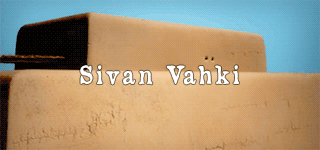
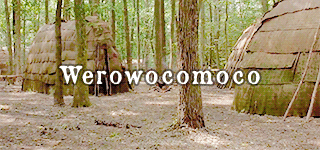

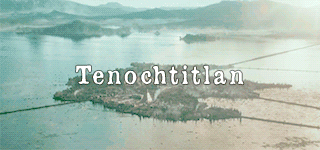
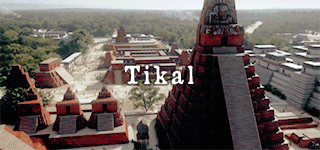

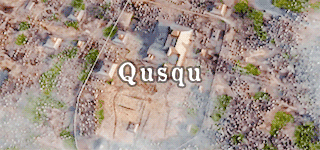
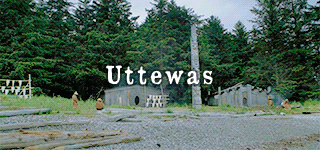
Pre-colonial Native American cities/settlements/meeting sites.
Sivan Vahki: just north of Casa Grande, Arizona, Sivan Vahki or Siwañ Waʼa Ki: was a large farming and trade network site of the Sonoran Desert people starting in the early 13th century.
Werowocomoco: With habitation beginning from the 13th century, Werowocomo was a village that later served as the headquarters of the werowance Wahunsenacah, Paramount Chief of the Powhatan confederacy.
Cahokia: Mississippian culture city dating from circa 1050–1350 CE, containing elaborately planned community, woodhenge, mounds, and burials.
Tenochtitlan: built atop a lake, Tenochtitlan was an Aztec altepetl, and was the largest city in the pre-columbian Americas at its peak. It is considered one of the most impressive cities in North America, and is today known as Mexico city.
Tikal: one of the most powerful ancient kingdoms of the Maya, and dates back as far as the 4th century BC, and may have had a population of up to 90,000.
Omahkoyis: Meeting place and trading and cultural hub for the Blackfoot, and later other tribes as well as settlers. The Blackfoot and their ancestors had inhabited the area as early as 12,000 BC, and would later also be known by other names. Colonizing efforts turned the area into a settlement, known today as the city of Edmonton.
Qusqu: also known as “Cuzco”, the city served as the capital for the Inca Empire from the 13th century up into the 16th century upon colonization. However, evidence shows that The Killke people occupied the region from 900 to 1200 CE, prior to the arrival of the Inca, and had constructed a fortress about 1100 CE.
Uttewas: later known as “Old Masset”, was one of the largest Haida villages on Haida Gwaii, and is home to a number of important cultural artifacts, such as numerous totem poles. Today its land is legally designated as Masset Indian Reserve No. 1.
#historyedit#Native American history#canadian history#american history#mexican history#peruvian history#cahokia#tenochtitlan#tikal#maya#aztec#nahua#history#justin's edits#ndn#native american
931 notes
·
View notes
Text
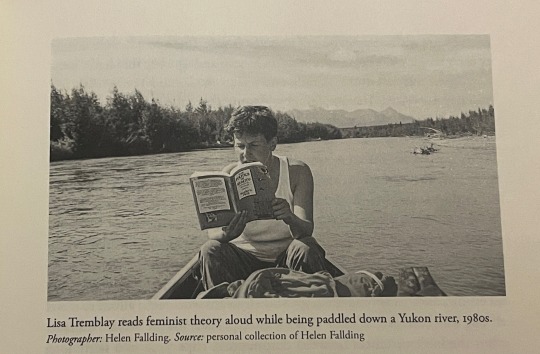
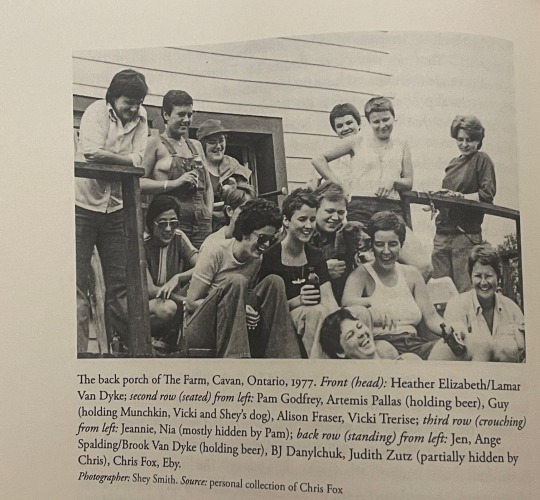
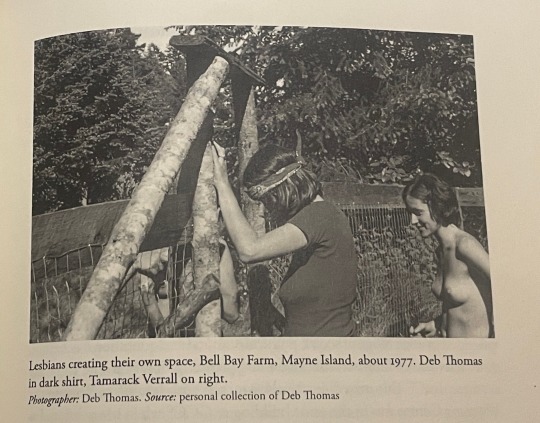
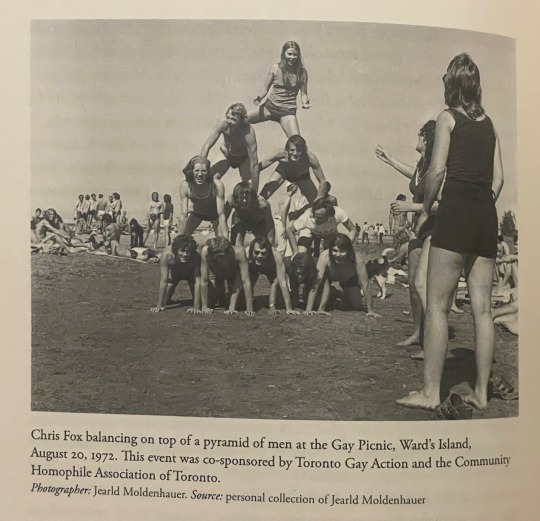
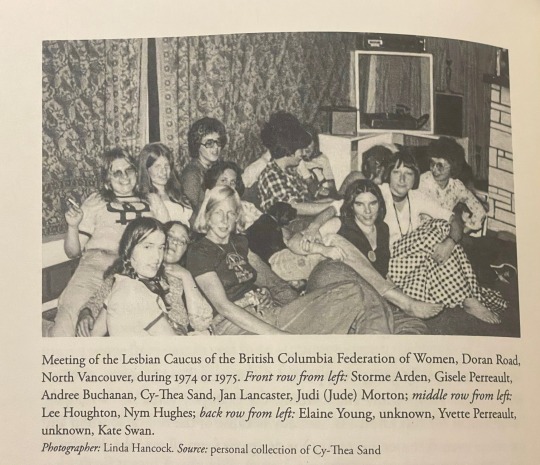
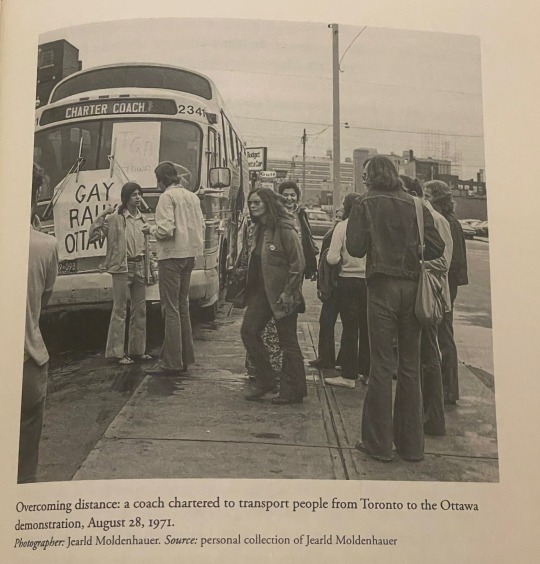
Images taken from “Making a Scene: Lesbians and Community across Canada, 1964-1984" by Liz Millward
#lesbian culture#lesbian#lesbian life#lesbian history#lesbians in Canada#Canadian lesbians#Canadian history#queer history#gay history#i love lesbians
34 notes
·
View notes